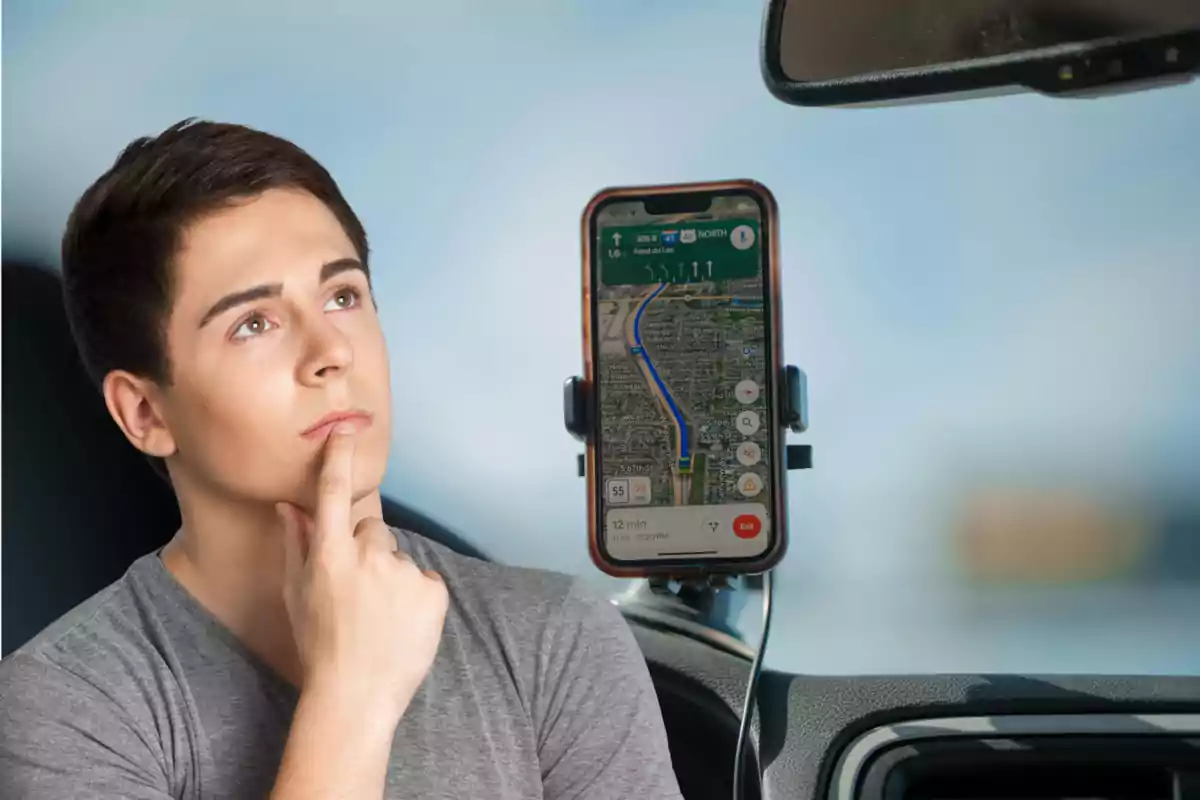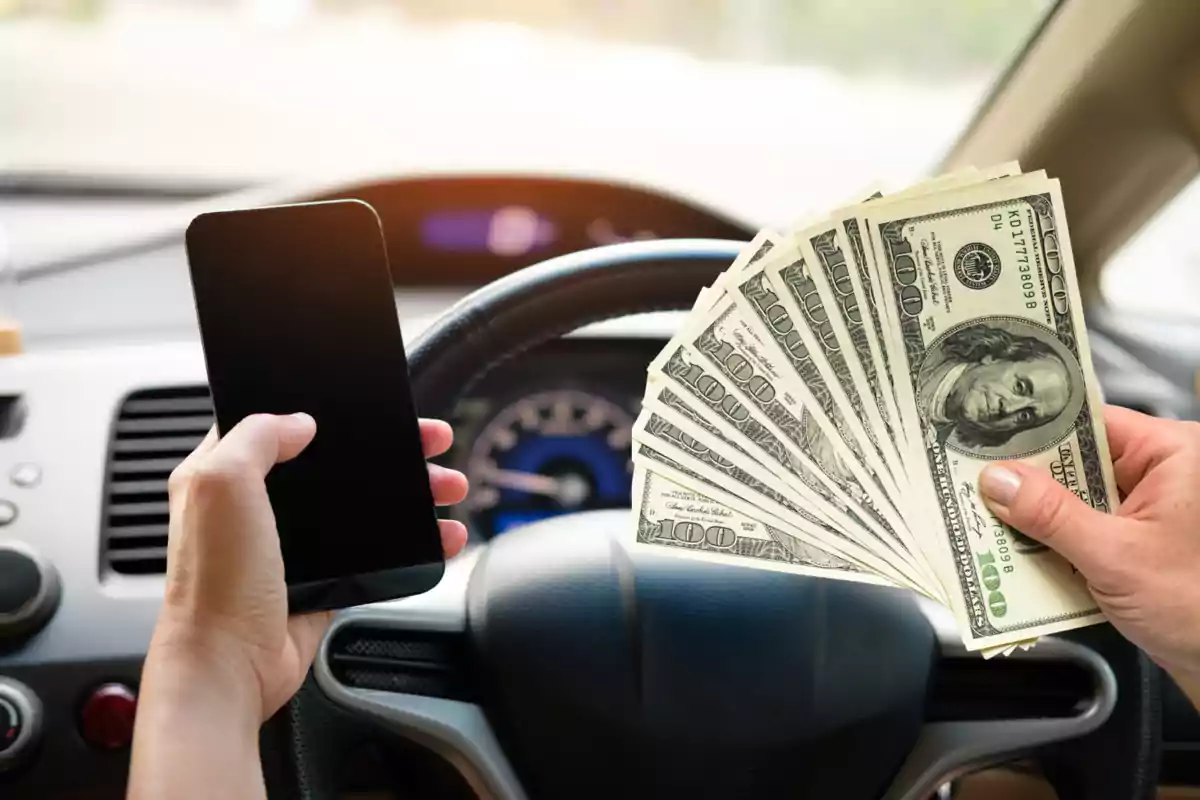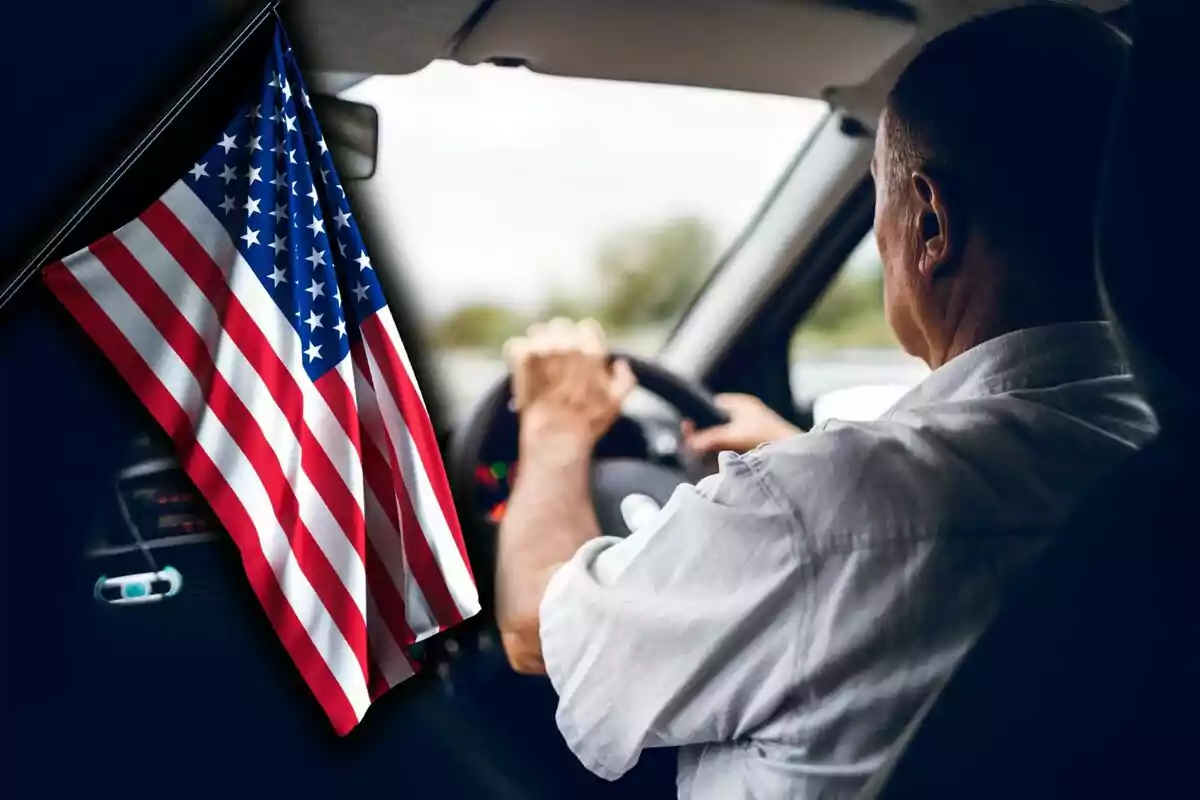Drivers in Louisiana and California, get ready. August has arrived with changes that could affect many. State authorities have decided to toughen penalties against those who use their phones while driving.
Fines of up to $500 for a minimal distraction are now possible. George, a regular driver, admits: "I always try to keep my hands on the wheel, but this surprised me."
The decision isn't arbitrary. According to the NHTSA (National Highway Traffic Safety Administration), in 2023 alone, there were more than 3,200 deaths related to distracted driving. This is an alarming figure that the states are seeking to drastically reduce.

What is the purpose of this measure?
The answer is clear: to save lives. Every year, thousands of families suffer the loss of a loved one due to distractions that could be avoided. The new regulation aims to re-educate drivers and encourage them to keep their full attention on the road.
The message is simple: while you're driving, nothing matters but the road. Every second of distraction can be fatal for you or for others. The idea isn't to punish for the sake of punishing, but to raise awareness about the real risk of looking at a message or a notification.
What are the fines?
In Louisiana, Bill 519 prohibits the use of the phone while driving, except with hands-free devices. Penalties start at $100, but can reach $250 in school or work zones. For serious offenses, the fine can go up to $500 and, in case of repeat offenses, up to $1,000.

In California, a judge clarified that even holding the phone in your hand, even for GPS, is an infraction. This means that any contact with the device while the vehicle is in motion is grounds for a fine.
The reality of distractions
Five seconds of distraction can be enough to cover the length of a football field at 56 mph (90 km/h). A call, a message, or a quick glance at your phone can cost many lives. NHTSA warns: distracted driving is one of the greatest road risks, on par with speeding and alcohol.
Toward a country without phones at the wheel?
Louisiana and California could be just the beginning. More and more states are considering similar laws to change driver behavior and reduce accidents. The key is simple: no call or message is worth more than safety.
If you're driving, remember: put your phone aside, plan your route before you start, and if you need to check something, stop safely. The road demands your full attention. Your hands on the wheel and your eyes on the road aren't optional; they're the difference between arriving safely or not.

